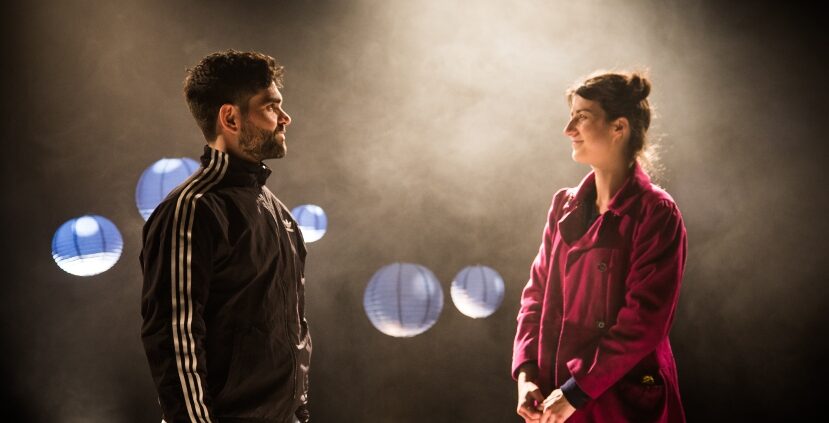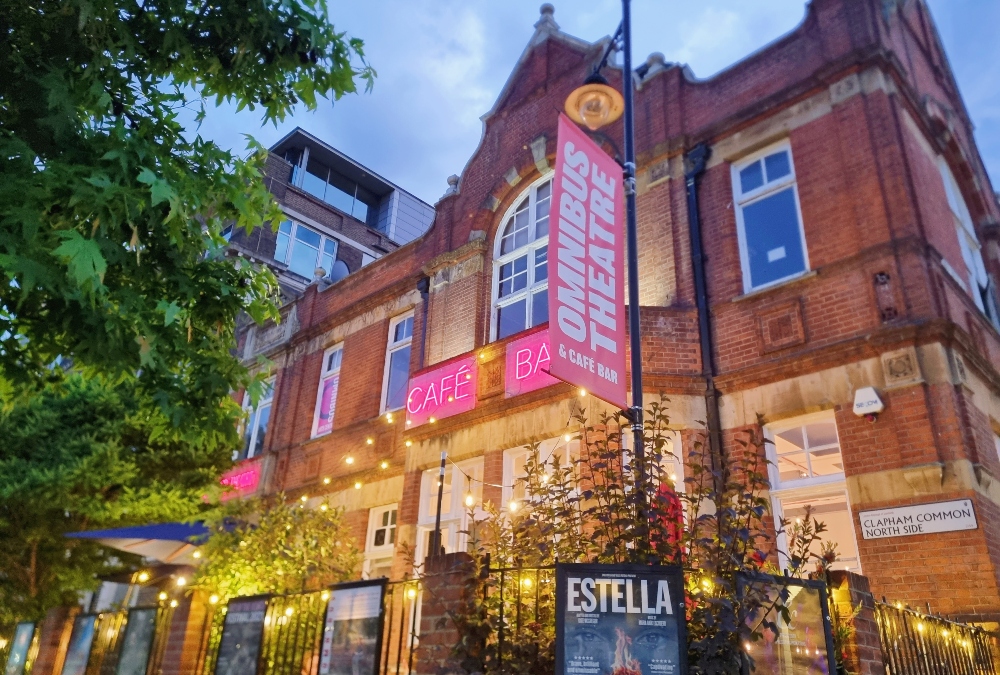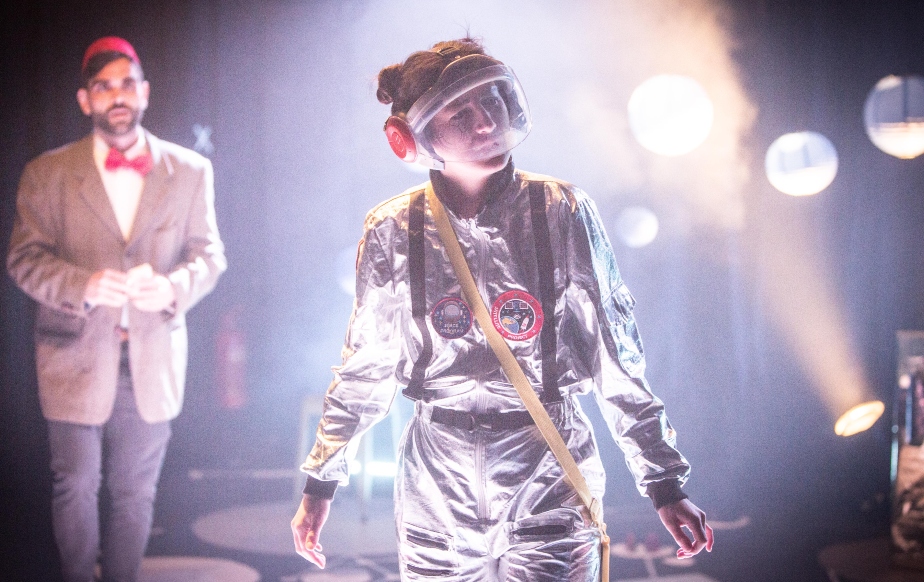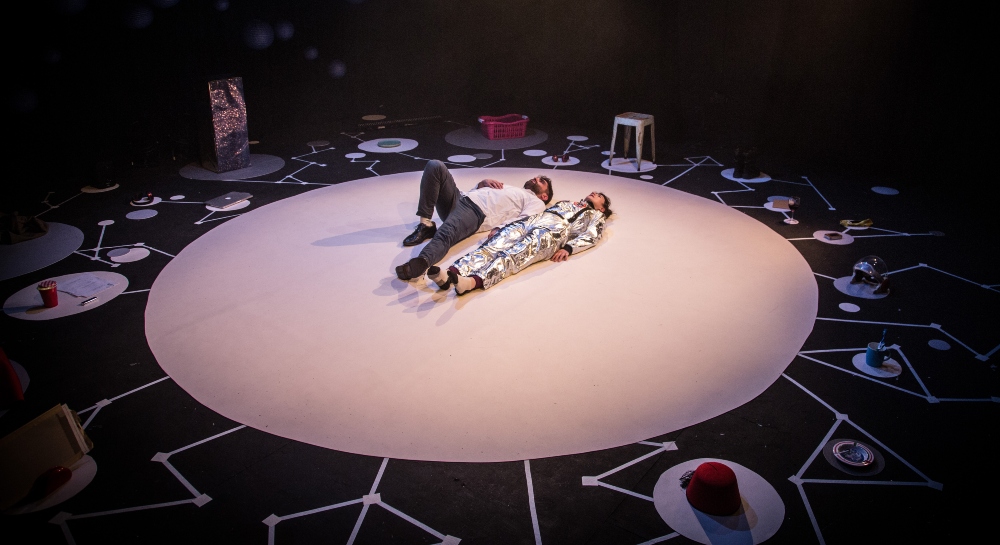
By Juliet Brook
To live North or South of The River. Londoners are familiar with this debate… and there has always been an element of snobbery involved. London originated on the northern banks of the Thames, home to its epic landmarks; a hub of culture and affluence. Over the river has always been seen as the residential suburbia; a sprawling mass of Edwardian and Victorian detached houses punctuated with large green open areas, the commons. The South is therefore a salubrious choice to live in and bring up a family. Clapham might seem too far off the beaten track to find the Omnibus Theatre.
The word ‘Clapham’ derives from old English, meaning homestead or enclosure near a hill, and like the Sun to our Solar System, the expansive Clapham Common is the main draw to living in this area of southwest London. Everywhere on its perimeter has a quaint village-like feel, pleasant but not in a way that is gauche. Immense pride is taken in creating beautiful front gardens with attention to detail in floral designs to look good throughout the seasons. The last fifty years of gentrification has populated the area with cosy gastro pubs, independent restaurants, boutiques and other hidden gems.

Far beyond the horizon of London’s West End, the Omnibus Theatre is situated on the northeastern tip of Clapham Common, opposite the Michelin-starred Trinity restaurant. Only ten years ago it was the Clapham Library and the theatre is the result of a campaign to save the building from being knocked down and used commercially. There are three performance spaces with the main theatre seating just 89, so unlike most productions, audiences can expect intimacy like the West End’s Donmar. As an independent theatre, they are able to foster young, up-and-coming talent and this ambition ‘lies in classics re-imagined and contemporary story-telling’. So the Omnibus Theatre is an ideal choice of venue to showcase Supernova, the debut play of Rhiannon Neads, a multi-award-winning writer and performer.
" audiences can expect intimacy like the West End’s Donmar"
Supernova is at first glance a love story for thirty-somethings. Tessa(Neads) and Harry(Sam Swann) meet at a party finding themselves attracted to eachothers geeky, space-loving personas. The relationship gains momentum and soon they experience the myopicness of falling in love – of being held hostage by a craving for nothing more than the other – translating into today’s world as not leaving the house to watch films, make love and eat takeaway for days and pulling the ‘sick-day’ at work.

Naturally, with any floaty love story, a gravitational pull emerges. After bathing in the exposure to the intimacy of a relationship between two people who by definition have every reason to be together, the drama emerges as the relationship demises as Tess’s relationship with depression begins to consume her. There is a familiarity with many of her hermetic symptoms in refusing to go out, join in and be a part of the world or even get a job. As Tess withdraws more and more, Sam tries harder and harder to reach her but there is a gulf of space between them. At her lowest ebb, Tess leaves a message on Sam’s answer phone: “Is this what a black hole is like…. no way in and no way out… Darkness stretching on and on…”.
From the start, the script is interwoven with a multitude of unambiguous space references: Tess comes out dressed in an astronaut costume at the start and it is reused throughout the play ie. when Tess and Harry attend a party as ‘Space Jam’; and later as Tess lies on the floor later in the spacesuit talking about astronauts needing to lie down during take-off to spread the G-force in their bodies, a euphemism for the crippling effects of depression pervading her body and mind. Neads has enough subtle charisma to carry the comical yet self-effacing Tess, irritable as she is slightly irritating, not least to herself. Sam Swann’s Harry is earnest and engaging, and although kind and caring he is not a pushover.
"It's no surprise that Supernova has already received an industry nomination"

One can’t help but relate to both characters at points: not coping or what to do when someone you love is not coping. Supernova also touches on the idea of universal love; how we fit into the world, our interconnectedness and beyond that, our insignificance. But it’s not all doom and gloom, you will be kept buoyant by sufficient quantities of endorphins from the humour and leave feeling hopeful if a little ‘awakened’ too.
It’s no surprise that Supernova has already received an industry nomination. Unfortunately for a thirty-something-year-old comedy actress/writer/director in today’s world, it’s likely they will attract a comparison to the trailblazing Fleabag. In this case, it’s with a due cause: Rhiannon Neads has thrown in her fair share of quick-witted, back-handed responses which are highly amusing and allow for plenty of laugh-out-loud moments: “The trouble with a memory foam mattress is that it remembers you” when she misses him. However, in Supernova Neads brings less sex and more emotional intelligence. It’s a screwball-style comedy with an infinite amount of vantage points delicately addressing love and mental health in today’s world. The Omnibus Theatre may seem like lightyears away from central London, but for plays like Supernova, it’s well worth the expedition in a luxurious part of London.

















